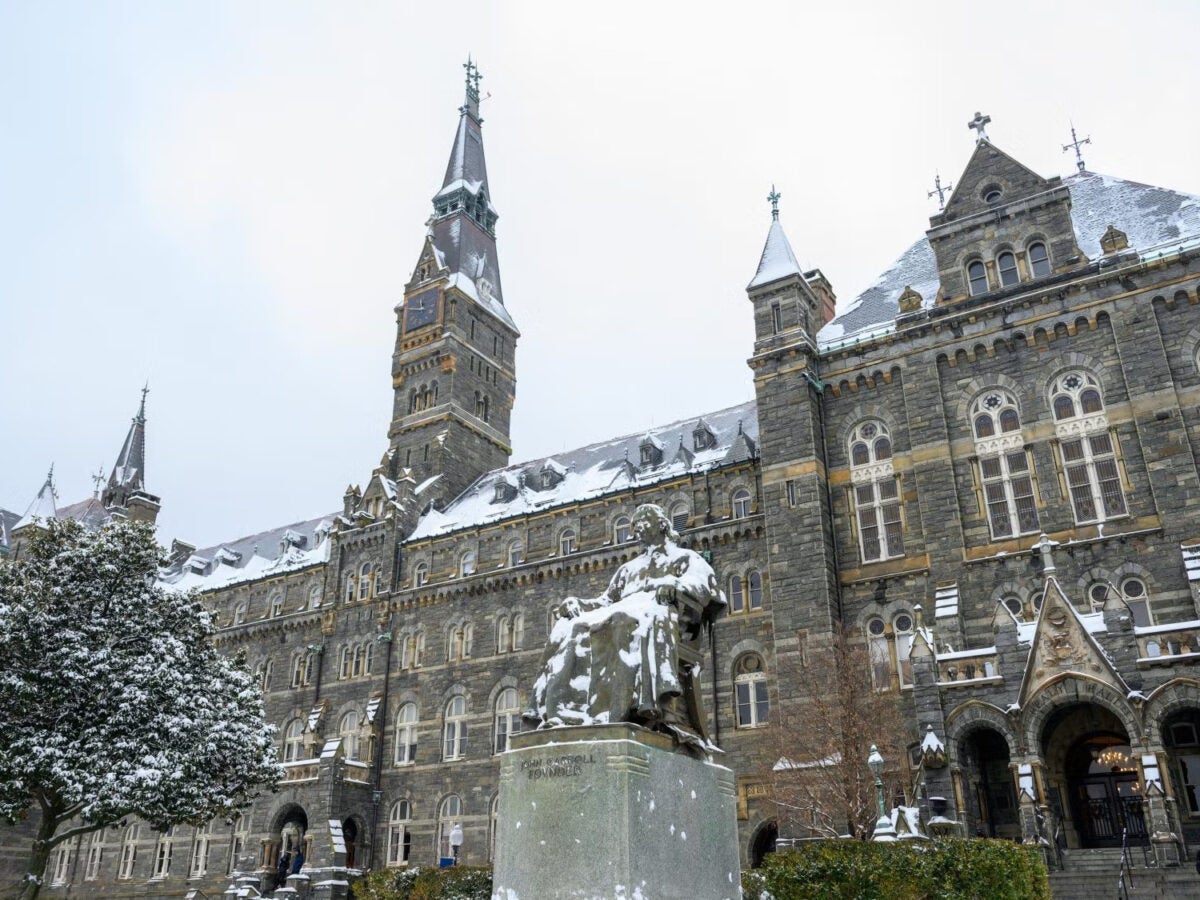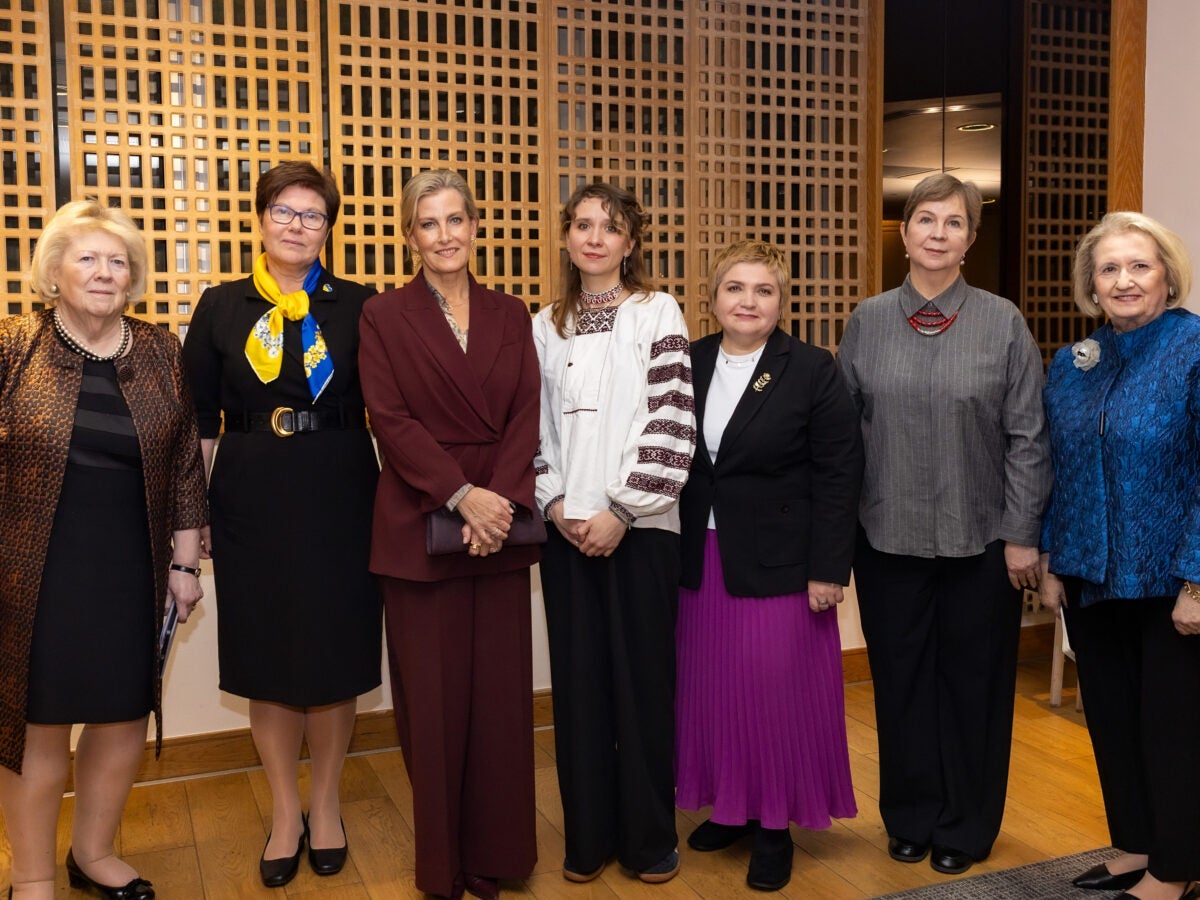15 Years On, A New Opportunity: UNSCR 2242

October 2015 marks the fifteenth anniversary of UN Security Council Resolution (UNSCR) 1325 (2000), the milestone framework on women, peace and security (WPS). At this historic moment, the United Nations held a High Level Review of Women, Peace and Security, which included an open debate on WPS, the release of the Global Study on Women, Peace and Security, and the unanimous approval of UNSCR 2242, the eighth of the UN Security Council’s resolutions on women, peace and security.
Many of the previous resolutions have focused on one or two thematic areas of WPS: UNSCR 2122, for instance, concentrates on the promotion of women’s leadership and participation in peace and security governance, while UNSCR 1888 is dedicated to the prevention and mitigation of sexual violence in conflict. The new Resolution 2242, however, includes many different aspects of the WPS agenda. It reaffirms the UN’s commitment to women, peace and security, and serves as a call to action for member states, civil society and the UN itself to integrate the WPS agenda in all facets of their work to address global challenges. Through its integration of recommendations from the Global Study, Resolution 2242 has the potential to serve as an important tool in the ongoing work to realize the objectives of the WPS framework if adequate resources and attention are devoted to its implementation.
One of the key innovations in 2242 is the creation of an Informal Experts Group on Women, Peace and Security at the UN Security Council. This group will work, per the Resolution, “to facilitate a more systematic approach to Women, Peace and Security…and enable greater oversight and coordination of implementation efforts.” The Global Study, which recommended the formation of such an ensemble, envisions the group’s tasks as mainstreaming elements of women, peace and security in all Security Council actions, as well as tracking actual implementation of these efforts. Resolution 2242 also calls on the Security Council to incorporate WPS concerns across all country-specific situations on its agenda; the Informal Experts Group will be an integral part of ensuring this incorporation is meaningful and effective.
Resolution 2242 also serves to address gender parity and perspectives within the UN architecture, particularly with regard to peacekeeping missions. The Resolution recommends the appointment and inclusion of more women in UN leadership positions, as well as a review of the obstacles preventing women’s professional advancement in the UN. Additionally, it calls on the Secretary-General to double the numbers of women in military and police sections of UN peacekeeping operations within the next five years, and urges the integration of gender expertise in all stages of peacekeeping. The Resolution recognizes and condemns the continuing allegations of sexual abuse and exploitation by peacekeeping forces. It does not take up the full recommendations for addressing this issue made in the Global Study, which include the formation of an international tribunal to investigate allegations of sexual violence by UN personnel and peacekeepers, but it does promote effective training on such violations for troops, and timely, thorough investigations of wrongdoing.
Finally, the Resolution devotes significant space to the interaction of women, peace and security and violent extremism. The Global Study, which also highlights this important area, notes that the rise of extremist groups is almost always coupled with attacks on the rights of women and girls. These groups have used kidnapping, sexual and gender-based violence, and the curtailing of basic freedoms as tools of oppression against women. Women are not always victims, however: they can also be radicalized and engaged with these extremist groups.
Although women indeed play a pivotal role in countering violent extremism and women’s empowerment can decrease the likelihood of such extremism, the Global Study cautions against securitizing women’s rights – i.e., promoting women’s rights as part of a counter-terrorism strategy. Per the Study, “to include [human rights and women’s rights] as counter-terrorism efforts is to deeply compromise their value in any given society.” The consultations with women leaders and local women’s rights organizations for the Study reveal deep skepticism of and opposition to including women’s empowerment programs within counter-terrorism operations. Instead, the Study recommends removing women’s rights from counter-terrorism and military efforts, and including them in a distinct, detached civilian process with the leadership of local women peacebuilders and civil society organizations. The Study makes an excellent point: promotion of women’s rights should be a goal in and of itself, and not simply a tool in counter-terrorism measures. Countering violent extremism may be a beneficial result of women’s empowerment initiatives, but it should not be the sole impetus behind such programs.
Resolution 2242 recognizes the importance of having a gender perspective in efforts to counter violent extremism, but seems to be somewhat at odds with the Global Study over the inclusion of women’s rights in broader counter-terrorism efforts. The Resolution calls on member states and the UN to incorporate WPS in their counter-terrorism and countering violent extremism agendas, and urges the UN Counter-Terrorism Committee and the Counter-Terrorism Committee Executive Directorate to integrate gender throughout their activities. The Resolution, perhaps as a nod to the Study’s insistence on the de-securitization of women’s rights, further promotes the participation and leadership of women and civil society in developing plans to counter-terrorism and violent extremism, as well as the gathering of research and data on the drivers of women’s radicalization and the effects of counter-terrorism strategies on women’s human rights and women’s organizations. The disparity between the Study’s recommendations and the Resolution ensure that the debate on the securitization of women’s rights in countering violent extremism will continue in the years to come.
The Security Council ends each of the WPS resolutions with a single line, resolving that it “decides to remain actively seized of the matter.” This phrase indicates the ongoing commitment of the UN to implementing the WPS agenda and fully integrating gender concerns into its work. UNSCR 2242 represents an important step forward in this commitment, but its impact on the lives of women in and post-conflict remains to be seen.
Chloé White is the 2015-2016 Hillary Rodham Clinton Law Fellow with the Institute. She received her J.D. from Georgetown University Law Center in 2015 and her A.B. in Political Science, with a minor in French, from Washington University in St. Louis in 2009. While at law school, Ms. White was President of Georgetown Law Students for Reproductive Justice and Co-Managing Editor of the Georgetown Journal of Gender and the Law. She previously worked as the government affairs assistant for the National Safety Council and as a legislative assistant for Rep. Dennis Moore [D-KS]. Ms. White is deeply passionate about women’s rights and health and is dedicated to achieving better outcomes for women around the world.
Explore More

End of Year Reflections
This year has been particularly challenging for peace around the world, with…

“No Amnesty, No Silence:” Ukrainian Women Urge Accountability for War-Time Sexual Violence
Last week, the Georgetown Institute for Women, Peace and Security (GIWPS) brought…
